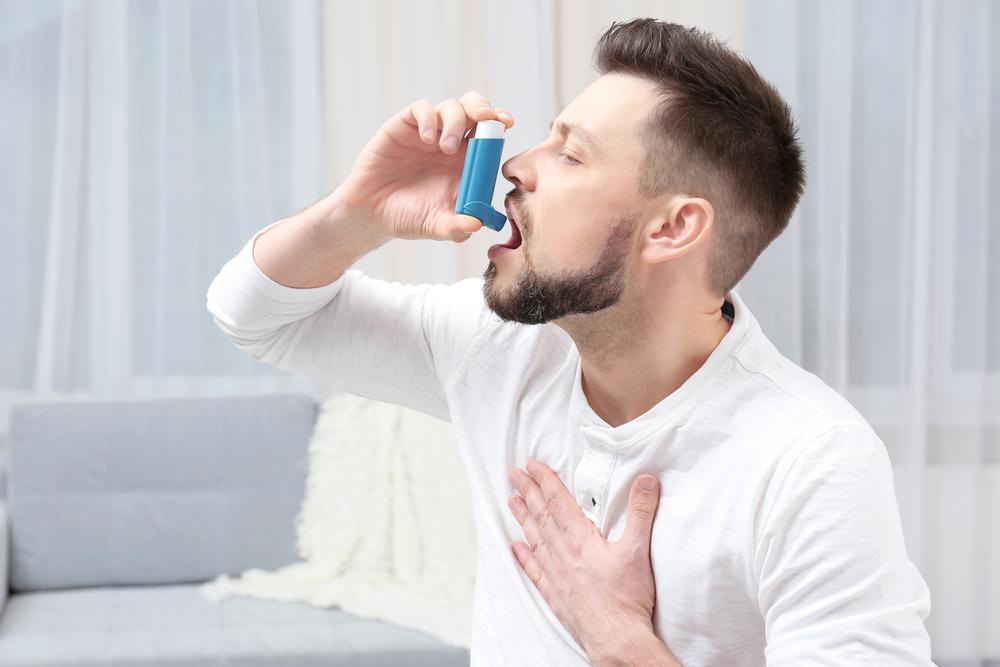Recognizing the Signs of an Asthma Episode
This article highlights key symptoms of asthma attacks, triggers to watch for, and essential steps to respond effectively. Early recognition and regular treatment are crucial in managing asthma and preventing severe episodes that impact daily life. Consulting healthcare providers ensures optimal control of the condition, reducing risks of complications or emergencies associated with asthma episodes.

Recognizing the Signs of an Asthma Episode
In the country, nearly 18 million adults live with asthma—a chronic condition characterized by inflamed and swollen airways that hinder breathing. Many individuals are unaware of their condition. Here are common indicators of asthma:
Disrupted sleep patterns
Coughing or wheezing sounds
Pale, sweaty face
Blue tint to lips or fingertips
Feeling restless
Watery eyes
Headache with fever
Runny or congested nose
Triggers and Causes
Overactive immune responses lead to airway inflammation when exposed to specific triggers, which vary per individual. Common triggers include:
Pollen
Tobacco smoke
Molds and dust mites
Upper respiratory infections
Gastroesophageal reflux
Cold, dry air
Stress
Infections like colds can worsen severe asthma symptoms.
Asthma episodes often come with intense symptoms that are difficult to ignore. These signs typically appear 24-48 hours before an attack and differ among individuals. Recognizing early symptoms and following prescribed treatment can prevent serious complications. Unmanaged asthma can interfere with daily routines, including work, sleep, and exercise, potentially leading to respiratory failure or even death if not controlled.
Actions to Take During Severe Symptoms
Remain calm and sit upright
Use your rescue inhaler every 30-60 seconds as needed
If symptoms persist after 10 puffs, seek emergency medical help by dialing 999
If ambulance delay exceeds 15 minutes, repeat inhaler usage
Monitoring severe asthma signs is crucial. Regular medical check-ups help adapt your treatment plan to control symptoms and prevent flare-ups. Seek medical guidance if you experience:
Difficulty breathing upon waking or at night
Chest tightness while speaking
Bluer lips
Slight or no improvement after rescue inhaler use
Low peak flow meter readings
Consistently taking prescribed medication is vital, regardless of symptom presence.
Disclaimer:
Our blog offers comprehensive information across various topics, utilizing research and data for your benefit. However, these articles are not definitive medical advice. The site is not responsible for discrepancies or inaccuracies, and readers should consult healthcare professionals for personalized guidance. Also, be aware that some schemes or offers might not be covered here but could be more advantageous.










